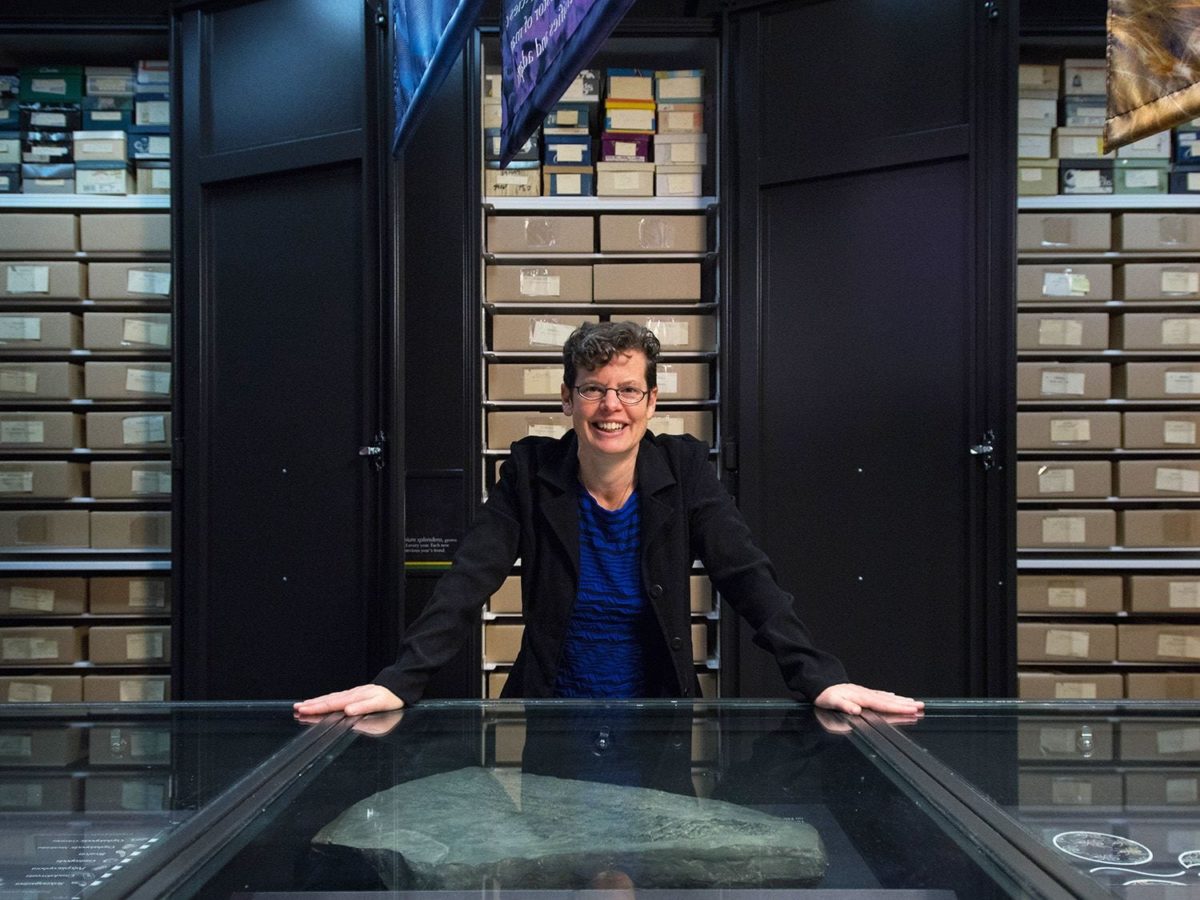
Acclaimed evolutionary geneticist, Dr. Sarah (Sally) Otto, the incoming Chair of the Board of Directors of The Nature Trust of British Columbia, brings her perspective as a scientist and her commitment to conservation to her new role.
Dr. Otto is a professor in the Department of Zoology and Biodiversity Research Centre at the University of British Columbia. She has been honoured with numerous prestigious awards including the MacArthur Fellowship – commonly known as the Genius Grant. Her long list of achievements includes helping to establish the Canadian Society of Ecology and Evolution and launching the Liber Ero Fellowship Program in conservation biology. She received her PhD from Stanford University.
Dashing in from a busy day at UBC, Sally met us at her home to talk about evolutionary legacies, the tree of life, the awe of our BC wilderness and trash – yes, trash.
What drew you to The Nature Trust of BC and attracted you to the role of Chair?
I will start with a story. I remember as a young child being on a road trip – I think it was from New York to Nebraska – and we would open the window and toss out our trash. That’s how we dealt with trash. Everybody did it. The highways were littered with trash.
We didn’t realize the profound human impact that our collective actions had on the world.
I think back to this memory and realize how much we have changed our view of the planet. Back then we thought that the world was so vast, humans so few, that we could do what we wanted and the world would bounce back. Now we recognize that nature is limited and precious. We would be appalled to use nature as our garbage can in the way that we did back then.
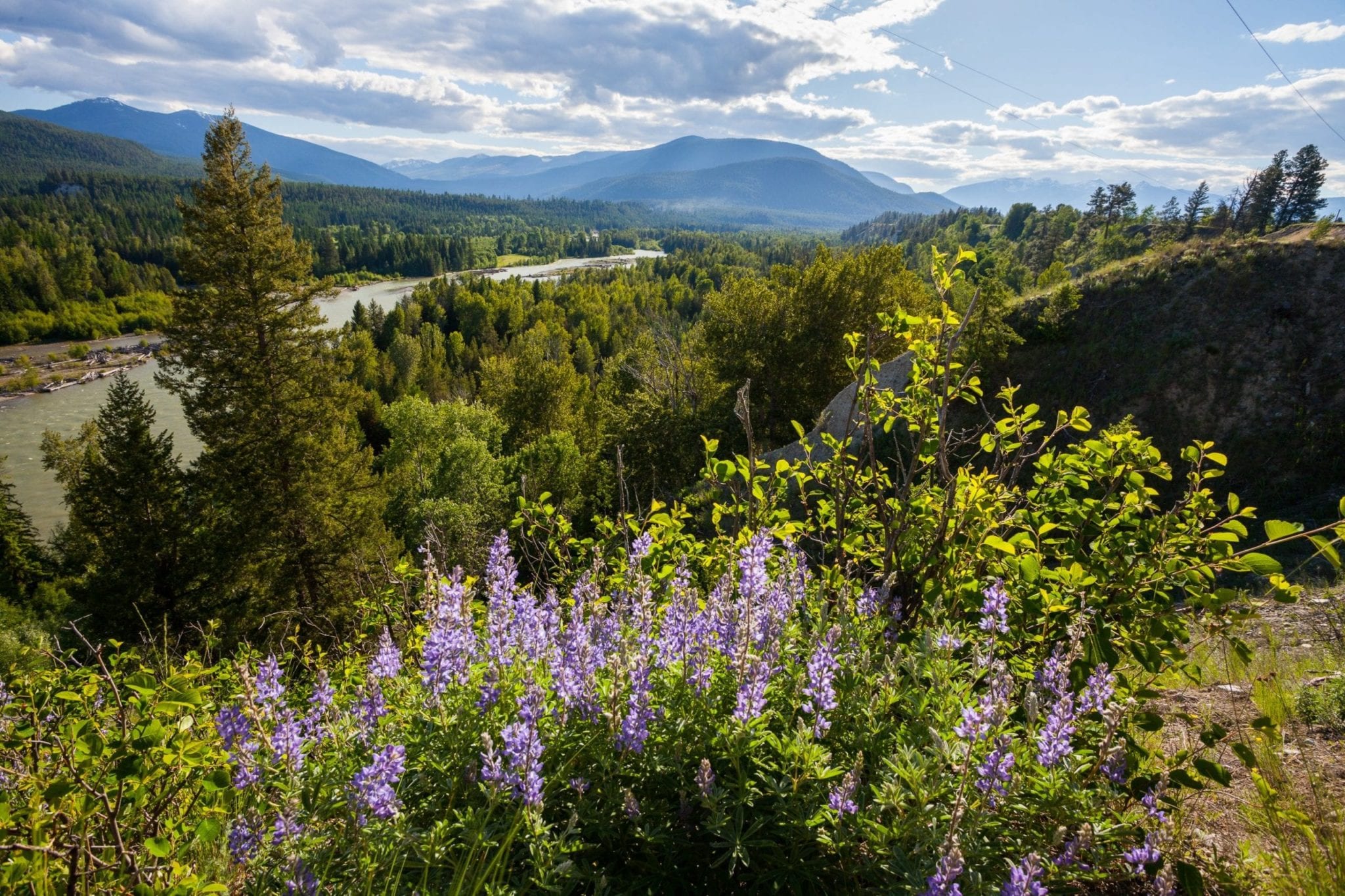
While we better recognize that nature needs protection, we still have a tendency to expand and use land for our purposes. I think it is critical that we, as a community, discuss: How much expansion is too much? When have we impacted wilderness too much?
That’s where The Nature Trust of BC can really help by engaging us in that important conversation. We can work together – the staff, the Board, and the community – to define those spaces that are so important to the wild plants and animals of BC that we need to protect them. Plus The Nature Trust allows each of us to contribute to protecting our natural heritage to the degree that we can, from donations that allow land to be purchased to community efforts to restore sites to their natural condition.
The Nature Trust has been successful in acquiring and protecting vulnerable habitat in BC. What do you think it’s doing right?
Places like the southern border are where many people live in BC, but it’s also home to many endangered species and imperilled ecosystems. The Nature Trust finds locations with native species in relatively pristine condition, using science to prioritize which plots of land to buy and protect.
The Nature Trust also considers other aspects like connectivity. Is this plot of land going to help animals and plants move from one area to another across the landscape?
Typically wild animals try to avoid humans as they move across their range. But if we make it impossible for them to avoid humans, then either animals cannot move and become isolated or we end up with dangerous human-wildlife encounters. One solution is to set aside and protect land that can serve as important wildlife corridors.
The real challenge in the southern part of BC is to allow the natural world to co-exist around where humans live and work. What The Nature Trust is doing is identifying key places that help species live and move between sites where they can thrive. Obviously we can’t buy a third of the province but we can help promote these conversations and target land purchases where most needed.
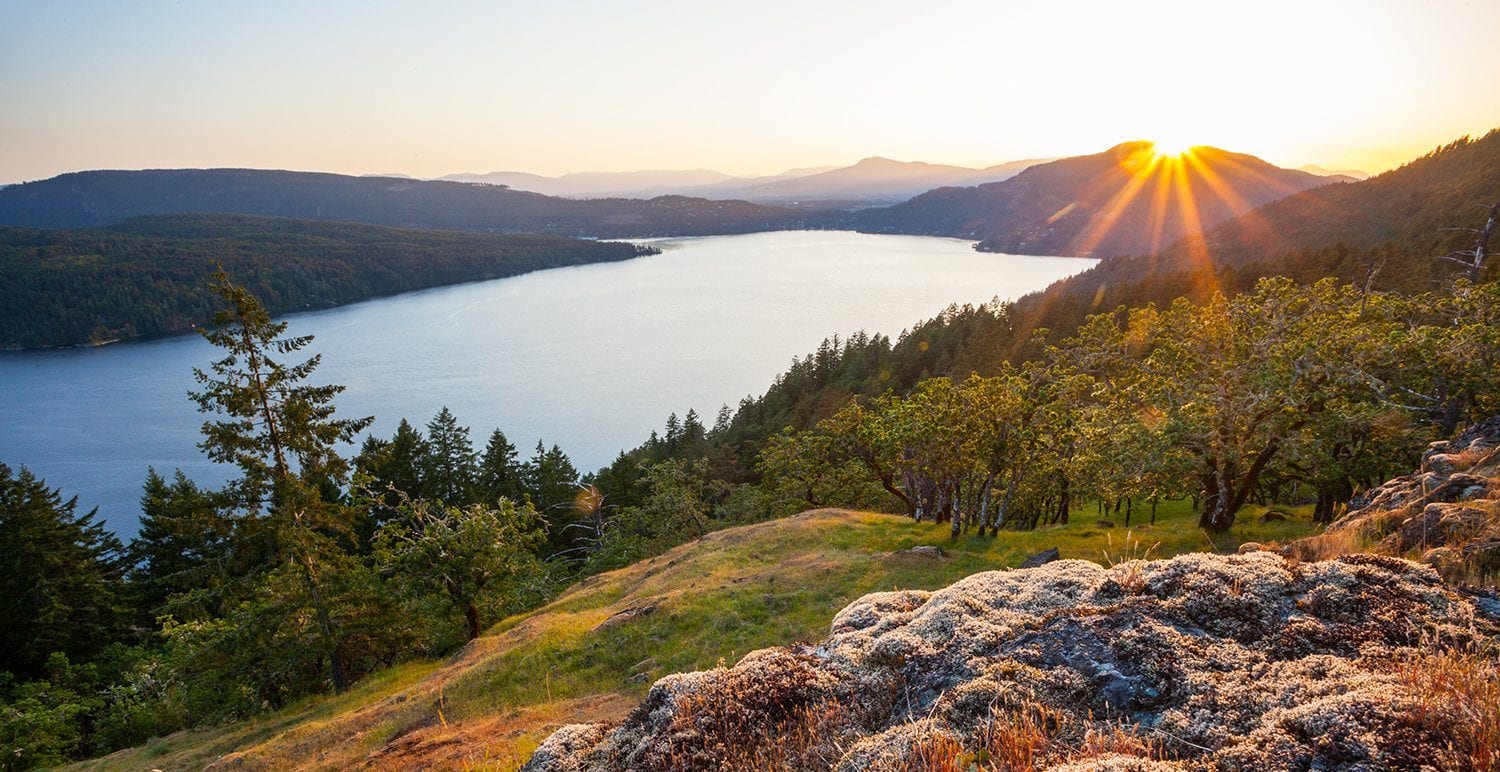
What would you say to someone wondering why conservation is so important?
I would ask them to think about a place that amazed them – of scenery they found astounding; something that they saw that was beautiful and filled them with wonder. Almost all of those memories are about nature; about vistas of wilderness, especially here in British Columbia. That’s something we want for future generations – that sense of awe.
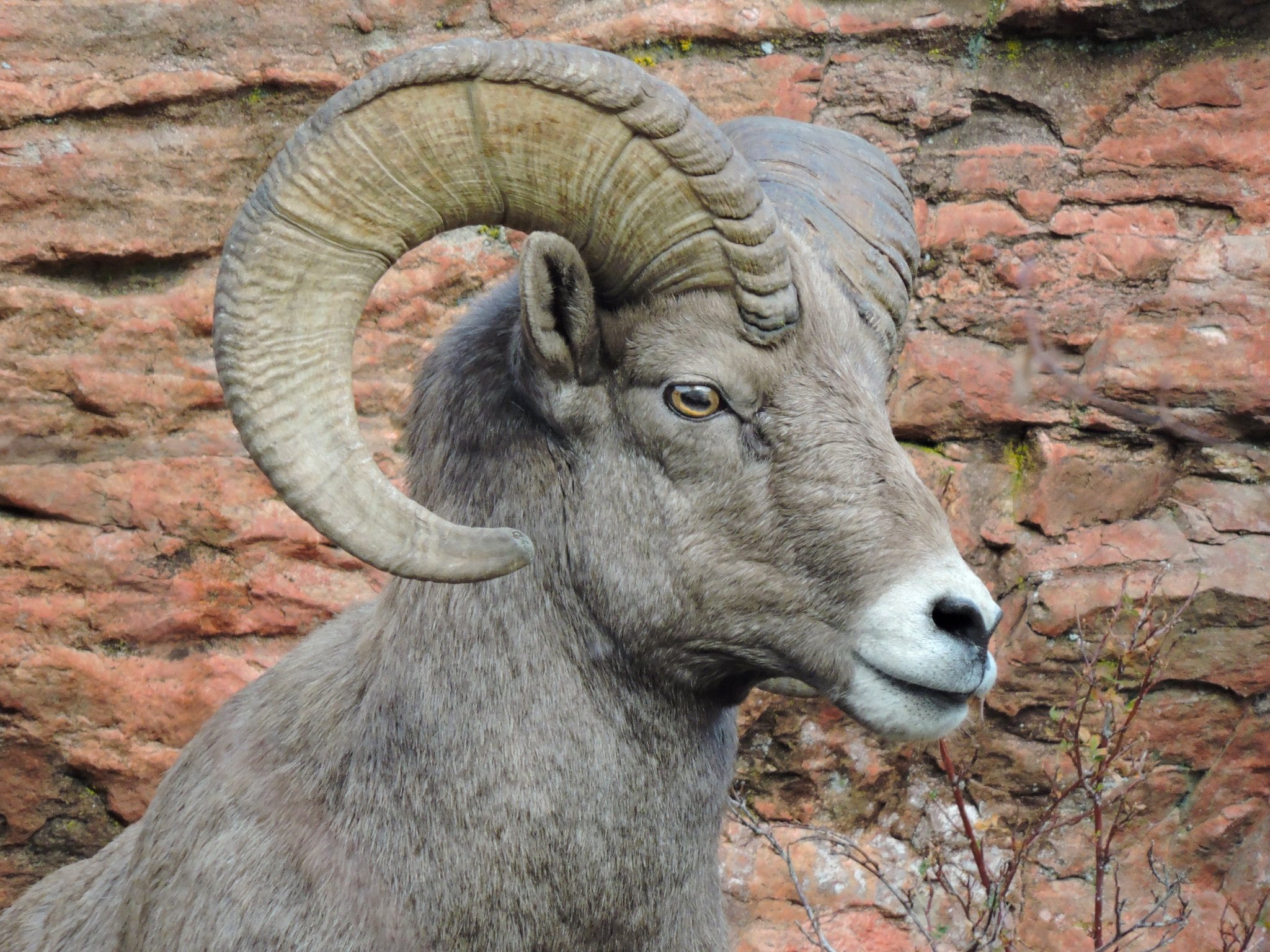 As a scientist myself, I also think about the evolutionary history of each of the species alive today, how they have all faced and adapted to many environmental challenges in the past. Species really are a treasure trove of innovation.
As a scientist myself, I also think about the evolutionary history of each of the species alive today, how they have all faced and adapted to many environmental challenges in the past. Species really are a treasure trove of innovation.
As we lose species, we’re pruning the evolutionary tree of life. And as we lose branches of this tree, we lose our ability to understand how species came to live the way they do, how they came to survive past environmental challenges. Species contain in their DNA the solutions to how their ancestors survived. So as a scientist, I see that protecting nature is protecting this evolutionary legacy.
For example, many organisms have evolved genes that protect them from other species and that can benefit us too, from antibiotics that fight off diseases to chemical defenses that we use as muscle relaxants in surgery. Other organisms have evolved amazing structures from spider silk to slime that inspire engineered bioproducts. As we lose species, we lose our ability to learn from these natural solutions.
I would also say that we don’t have a very good understanding about how the ecosystem as a whole is impacted when we lose a species from an area – it’s like reaching into a car engine and pulling out a piece at random. The car might work for a while, but if we keep doing it, we know it isn’t going to be good in the long run.
Beyond these motivations as a scientist, in this world that is so electronic and high pressured, I feel that we need spaces where we can free our minds and just be with nature.
What do you think are the greatest threats to conservation?
I think the biggest threat comes from continuing business as usual. Doing things in ignorance – reducing habitat – to the point where it becomes too late for wildlife. Mountain caribou in eastern BC are a case in point; habitat loss of the South Selkirk herd led their population to decline to only three females last year. One of them died over the winter, one female cannot be found, and the last has been removed to join a breeding program. We have just lost this part of BC’s natural heritage.
We’re basically injuring natural systems by many small cuts, the sum of which can severely harm something that’s precious to us. I think we need to play the doctor’s role and say when the cumulative injuries to nature are too grave. We then need to focus on healing and protecting nature.
Here again The Nature Trust can help.
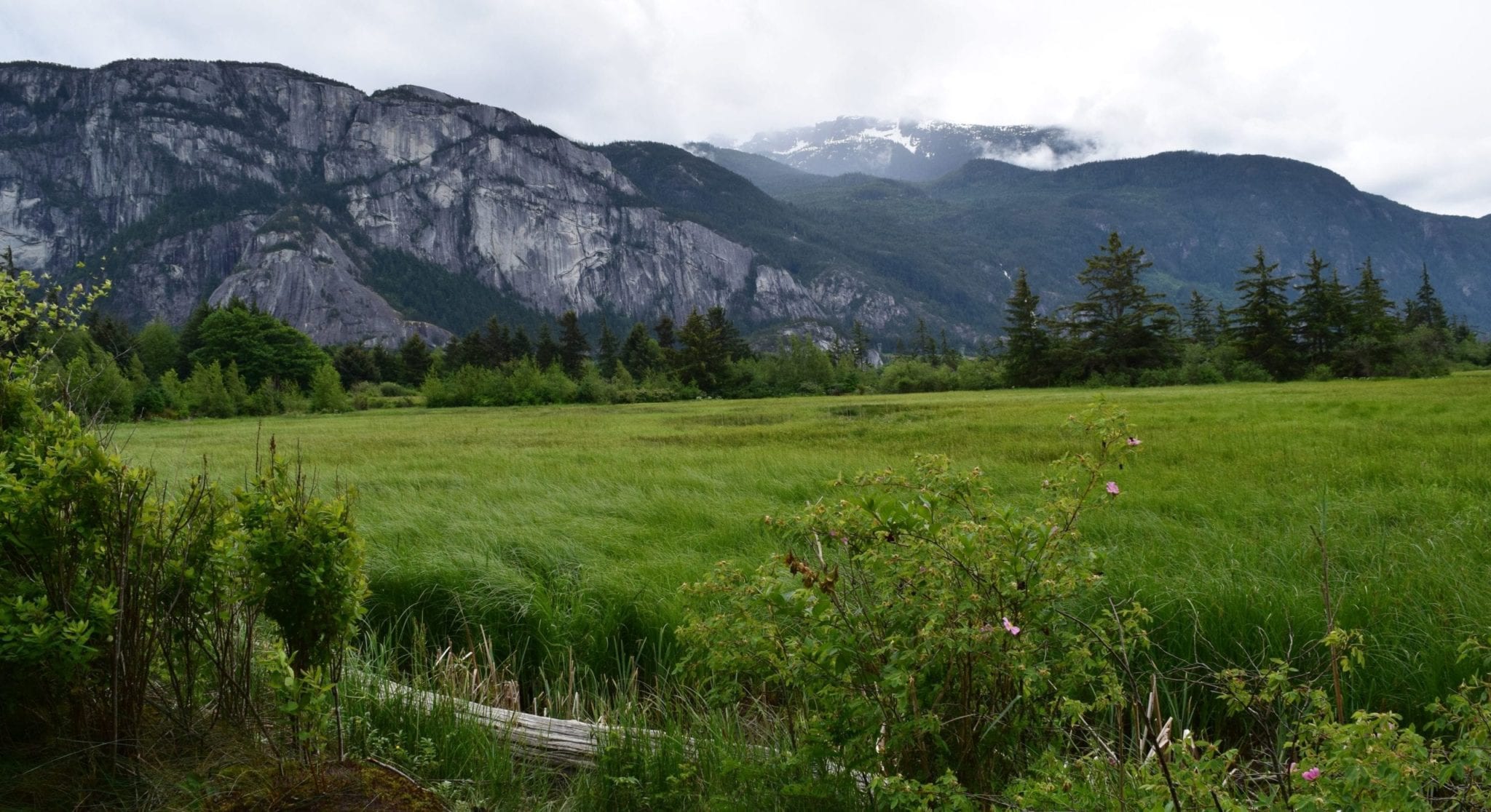
Why does The Nature Trust focus on protecting private land?
Private land is where the pressure points are. That’s where people live, work, and play. In fact, the map of where species at risk are located in Canada overlaps most with private land and that’s where all of The Nature Trust properties are.
Beyond BC, the government of Canada is working towards meeting an internationally agreed upon target to protect 17 per cent of terrestrial habitat for biological diversity. To protect private land – where a lot of the pressures are on biodiversity – the government is turning toward land conservation organizations like The Nature Trust to help. So, we’re a really important piece of that larger solution.
How would you draw more young people into the conversation about conservation?
Younger people get it. They know the planet is limited and that nature is precious. Memories of hikes and camping trips and BC’s amazing views connect them to the land. It is often the youth who call most strongly to protect this planet!
I think we should all aim to chip in together, according to our financial abilities, to protect what we can.
Besides, it is kind of thrilling to “own” a piece of land through The Nature Trust. It makes me smile whenever I donate to The Nature Trust and get to see pictures of the land that has been purchased and protected. [Sally even donated her 2012 MacArthur prize money to help.]
Of course, we don’t own the land personally, but we know that the land is there, protected for future generations.
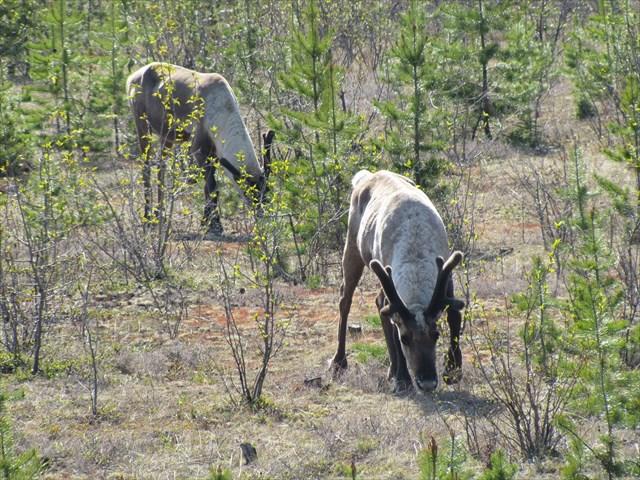
What are your goals as incoming Chair of The Nature Trust of BC?
To not mess things up!
Honestly, I think it would be fantastic if, throughout the province, we all took pride in working together through The Nature Trust of BC, to protect land around where we live, work, and play so that future generations can also enjoy BC’s amazing natural landscapes.
